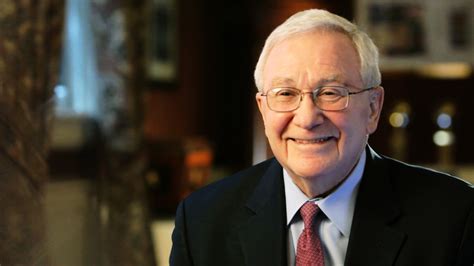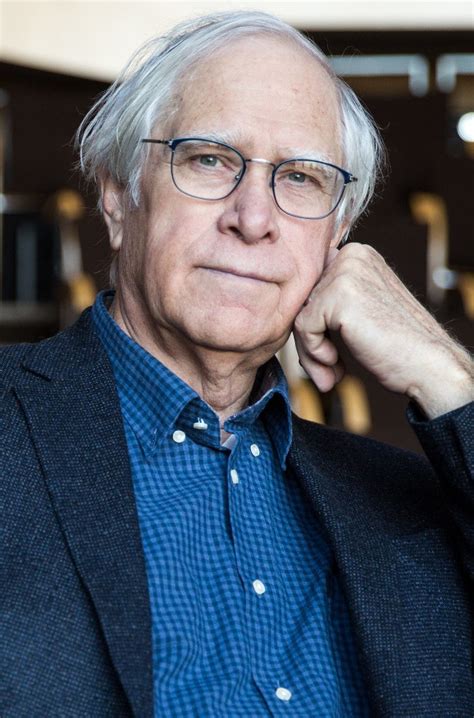A Quote by China Mieville
There are only so many ways to experience pain. There are an almost limitless number of ways to inflict it, but the pain itself, initially vividly distinct in all its specifications, becomes, inevitably, just pain.
Related Quotes
Facing the darkness, admitting the pain, allowing the pain to be pain, is never easy. This is why courage - big-heartedness - is the most essential virtue on the spiritual journey. But if we fail to let pain be pain - and our entire patriarchal culture refuses to let this happen - then pain will haunt us in nightmarish ways. We will become pain's victims instead of the healers we might become.
Jesus, I wondered, what do you do with pain so bad it has no redeeming value? It cannot even be alchemized into art, into words, into something you can chalk up to an interesting experience because the pain itself, its intensity, is so great that it has woven itself into your system so deeply that there is no way to objectify or push it outside or find its beauty within. That is the pain I’m feeling now. Its so bad, its useless. The only lesson I will ever derive from this pain is how bad pain can be.
Stress does not cause pain, but it can exacerbate it and make it worse. Much of chronic pain is 'remembered' pain. It's the constant firing of brain cells leading to a memory of pain that lasts, even though the bodily symptoms causing the pain are no longer there. The pain is residing because of the neurological connections in the brain itself.
But pain may be a gift to us. Remember, after all, that pain is one of the ways we register in memory the things that vanish, that are taken away. We fix them in our minds forever by yearning, by pain, by crying out. Pain, the pain that seems unbearable at the time, is memory's first imprinting step, the cornerstone of the temple we erect inside us in memory of the dead. Pain is part of memory, and memory is a God-given gift.
Pain is a difficult companion. There's no getting around that. But, if pain is to be a companion, searching and discovering your own best ways to travel with that pain will lead you to the joy that you long to have. They are your paths, your ways and while my experience and the experiences of others may inspire you, ultimately it will be the choices you discover and make for yourself that lead you to certain joy in the midst of your challenges.
As an individual with my own hurts, I go into the Garden (Gethsemane) as often as I need to. There I identify with the pain in the other, with my part in that pain, my part in tempting someone to wound me. I experience the other's pain, and God's pain, and am devastated - because their pain becomes my own. Feeling such anguish, I can forgive, or deeply repent, either for myself or on behalf of the other.
Grief does not end and love does not die and nothing fills its graven place. With grace, pain is transmuted into the gold of wisdom and compassion and the lesser coin of muted sadness and resignation; but something leaden of it remains, to become the kernel arond which more pain accretes (a black pearl): one pain becomes every other pain ... unless one strips away, one by one, the layers of pain to get to the heart of the pain - and this causes more pain, pain so intense as to feel like evisceration.
Once the pain-body has taken you over, you want more pain. You become a victim or a perpetrator. You want to inflict pain, or you want to suffer pain, or both. There isn't really much difference between the two. You are not conscious of this, of course, and will vehemently claim that you do not want pain. But look closely and you will find that your thinking and behavior are designed to keep the pain going, for yourself and others. If you were truly conscious of it, the pattern would dissolve, for to want more pain is insanity, and nobody is consciously insane.
What's the difference between bulimics and anorexics?" I ask. "Anorexics are anorexics all the time," she says, "I'm only bulimic when I'm throwing up." Wow. She sounds just like my dad! "I'm only an alcoholic when I get drunk." There are all kinds of addicts, I guess. We all have pain. And we all look for ways to make the pain go away. Penelope gorges on her pain and then throws it up and flushes it away. My dad drinks his pain away. (107)






































